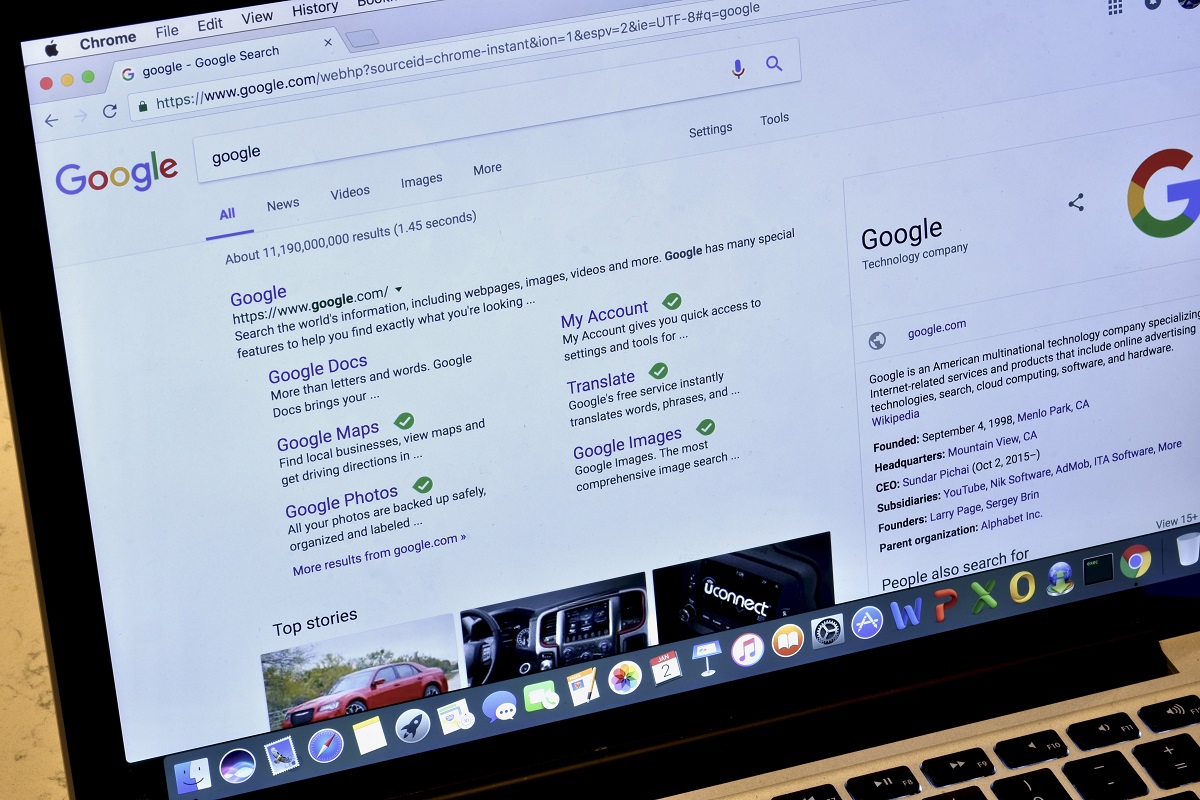If you haven’t noticed, many websites you visit have the prefix “httpS” instead of plain old “http”. There’s also a little padlock before “https”. In this article, we explain what https means and why you should make sure your website URL has the “s”.
What is “HTTPS”?
The short explanation to the added “s” is that the website is “secure”. By “secure,” it means that whatever data you send to or receive from the website is encrypted, so no hackers can mess with the website or steal your identity. Until recently, only e-commerce sites–the ones that sell anything online and take customers’ credit card information for payment–needed to have “https”. Now, it’s almost standard practice to have it, even for websites that don’t sell anything online but collect info from users. Here’s why.
HTTPS Impacts Search Engine Rankings
 Remember that almost anywhere in the world, except China and North Korea, millions of people use Google to find websites with information on whatever they want to know about anything. In other words, information is flowing freely among sites and users. Search engines need to make sure that these sites are secure. Since August of 2014, Google made HTTPS an important ranking condition. Do any sort of search on Google and you’ll notice that the top-ranked page and all 1st-page results are HTTPS sites. Google also stated that the HTTPS also works as a tie-breaker for any two sites competing for the same rank due to similar information.
Remember that almost anywhere in the world, except China and North Korea, millions of people use Google to find websites with information on whatever they want to know about anything. In other words, information is flowing freely among sites and users. Search engines need to make sure that these sites are secure. Since August of 2014, Google made HTTPS an important ranking condition. Do any sort of search on Google and you’ll notice that the top-ranked page and all 1st-page results are HTTPS sites. Google also stated that the HTTPS also works as a tie-breaker for any two sites competing for the same rank due to similar information.
Non-HTTPS get red-flagged
This applies to any website that doesn’t have HTTPS, based on an October 2017 Google update. This is a standard feature in the Google Chrome web browser. If your website isn’t HTTPS, you can expect Google searches to flag your website and tell users that your site is NOT SECURE. The “not secure” message has been displayed on non-HTTPS websites since July 2018. This will, of course, prevent your e-commerce websites from getting any revenues, as you can’t generate any sales leads and no one will be able to even view your page. Should you rely on ad revenues from visits, the page likewise won’t be viewable and you’ll lose advertisers. Google released a quick guide to enable HTTPS on your servers, which you or your tech-savvy IT people can view here. If your site isn’t HTTPS yet, you may consult a website development company in Chicago or other cities to learn how to make the transition.
Everyone is HTTPS
The biggest and best reason to make your present and future websites (e-commerce or not) HTTPS is public perception. Sites that take the time to go HTTPS will be seen as trustworthy. Don’t discount the fact that we now live in a world where identity theft, hacking, and data breaches are almost daily occurrences. One notorious company even made its money by hijacking Facebook, stealing user data then selling it without their knowledge. People will feel safer and trust you more if you have that little padlock preceding your URL. And if you don’t do it, your competition will.
It’s amazing how a simple thing like making your website HTTPS can do wonders for your website rankings, whether it’s for e-commerce or not. It’s imperative that your website will be perceived as–and truly be–secure, so don’t delay and make the switch now if you haven’t done it already.

